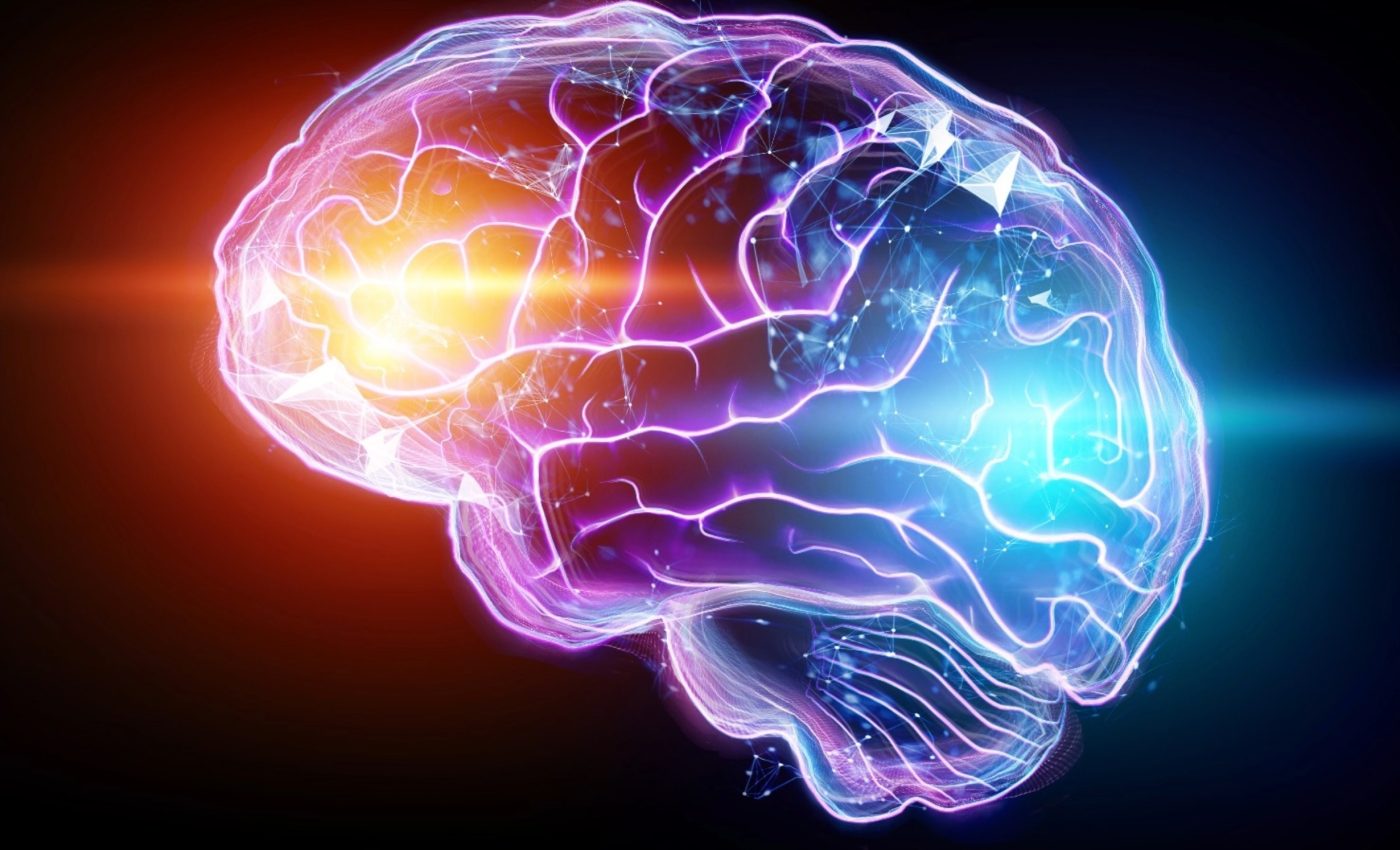
Brain stimulation may be the new frontier in obesity treatment
As the global obesity crisis intensifies, researchers are increasingly turning to innovative solutions to combat this pressing health issue.
A cutting-edge project led by a team at the Korea Electrotechnology Research Institute (KERI) may offer a breakthrough in how we approach the management of metabolic syndrome, with a particular focus on obesity.
Obesity: A daunting global health concern
Metabolic syndrome is a complex of multiple metabolic abnormalities, including obesity, high blood pressure, and high triglycerides, often caused by poor diet and lack of exercise.
According to the World Health Organization (WHO), one in eight people worldwide is overweight, making obesity treatment one of the most prominent markets.
Dr. Shin highlighted the challenge of treating obesity, as well as a possible solution using brain stimulation.
“Traditional obesity treatments, including drug injections and pharmaceuticals, often come with potential side effects when used long-term,” said Dr. Shin.
“To address this, our team has proposed a novel approach: suppressing appetite by electrically stimulating the cerebral cortex through the scalp.”
Treating obesity with brain stimulation
The official name of this electrical stimulation technique is transcranial random noise stimulation (tRNS). Through years of research, Dr. Shin’s team identified that appetite suppression could be induced through non-invasive electrical stimulation of the dorsolateral prefrontal cortex using tRNS technology.
“The dorsolateral prefrontal cortex plays a crucial role in executive functions such as planning, flexibility, and abstract thinking,” noted Dr. Shin. “By targeting this area, we aim to influence the brain’s control over appetite and hunger.”
The team has been working on three key technologies essential to this innovation:
- A technology that accurately delivers electrical stimulation to the specific area of interest,
- An electrode technology that can penetrate the space between hairs to make contact with the scalp,
- A monitoring technology that confirms that the electrical stimulation has been delivered to the target point and has triggered a change in brain activity.
Dr. Shin’s team at KERI has advanced significantly in developing these technologies.
Clinical trial insights
To demonstrate the clinical utility of tRNS stimulation, KERI collaborated with Professor Hyung-jin Choi’s team at Seoul National University Hospital.
The clinical trial aimed to prove the effectiveness of tRNS in reducing appetite, involving 60 female volunteers – 30 in the tRNS group and 30 in the active sham group.
Over two weeks, participants underwent six sessions of electrical stimulation, with a barely perceptible current of 2 mA applied for 20 minutes per session.
The results were promising. “We observed that the tRNS treatment group showed significant reductions in appetite, willingness to eat, and hunger compared to the placebo group,” said Dr. Shin.
“Moreover, the treatment appeared to address emotional eating, significantly reducing the urge to eat in response to stress, depression, anxiety, or joy.”
While the short duration of the trial did not allow for confirmation of long-term weight loss, the participants reported significant appetite suppression.
Further research and verification
Looking forward, Dr. Shin acknowledges that the technology is not yet complete and requires further research and verification.
“However, if commercialized, this electrostimulation treatment – with far fewer side effects than existing obesity treatments – could be used at home instead of hospitals, providing a simple method for daily appetite suppression management.”
The research team plans to complete the first project phase by the end of this year and aims to validate the developed technology both academically and clinically in subsequent phases.
“Our ultimate goal is to transfer this technology to companies for mass production, which could revolutionize the way we approach obesity treatment,” said Dr. Shin.
Understanding obesity: A complex challenge
Obesity is more than just a number on the scale; it’s a complex health issue influenced by a variety of factors including genetics, environment, and lifestyle choices.
As societies evolve, sedentary lifestyles and the prevalence of high-calorie foods contribute to rising obesity rates.
Recognizing obesity as a multifaceted condition is crucial in developing holistic treatment approaches. Education about nutrition, physical activity, and emotional well-being could play a vital role in combating this epidemic.
Addressing obesity not only improves individual health outcomes but also reduces the economic burden on healthcare systems worldwide.
By combining innovative treatments like brain electrical stimulation with comprehensive lifestyle changes, we can take significant steps toward curbing obesity.
—–
Like what you read? Subscribe to our newsletter for engaging articles, exclusive content, and the latest updates.
Check us out on EarthSnap, a free app brought to you by Eric Ralls and Earth.com.
—–













